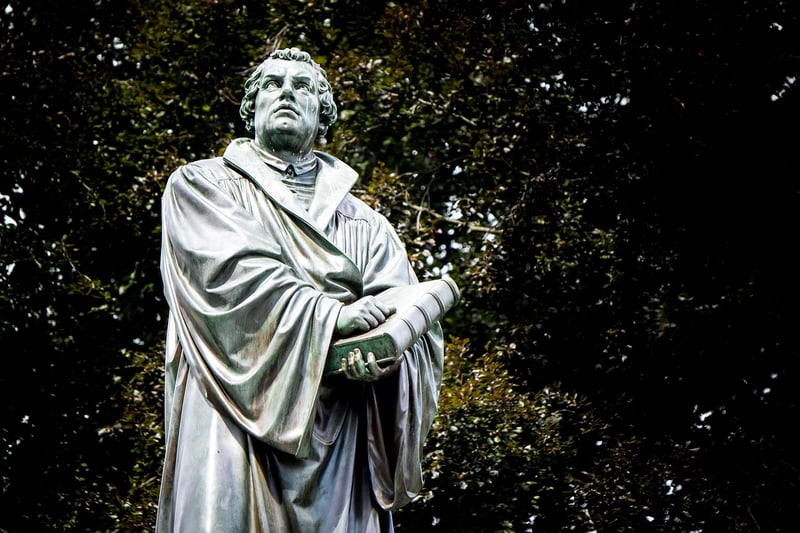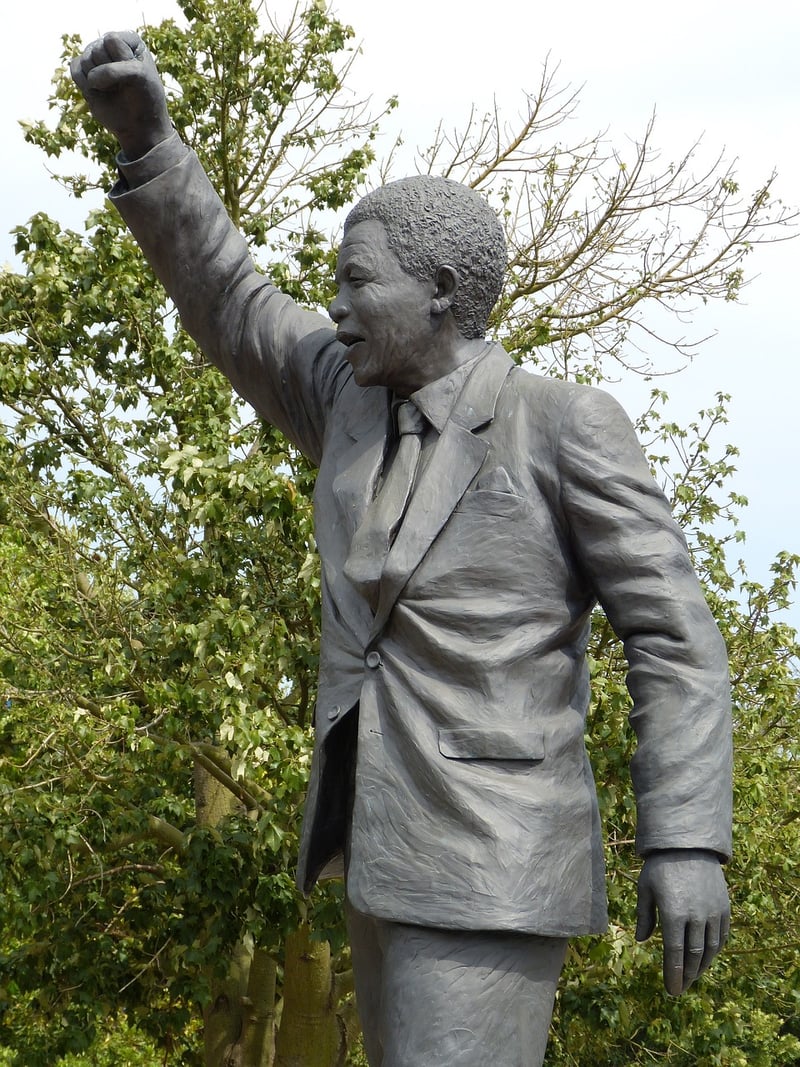Changing History
The Impact of Moral Considerations on Changing History
Throughout history, moral considerations have played a significant role in shaping the course of events and influencing the outcomes of various situations. From individual decisions to large-scale movements, ethics and values have the power to change the course of history in profound ways.
Individual Actions
At the individual level, moral considerations can drive people to take actions that have far-reaching consequences. For example, figures like Mahatma Gandhi and Martin Luther King Jr. are renowned for their commitment to nonviolent resistance and civil rights. Their moral convictions inspired millions to join their causes and ultimately led to significant social and political change.

Collective Movements
On a larger scale, collective movements driven by moral considerations have the power to challenge oppressive systems and bring about systemic change. The abolitionist movement in the 19th century, for instance, was fueled by the moral imperative to end slavery and promote equality. Through the efforts of abolitionists, slavery was eventually abolished in many parts of the world.

Political Decisions
Even in the realm of politics, moral considerations can influence decision-making and alter the course of history. Leaders who prioritize ethical values and human rights often leave a lasting impact on society. For example, Nelson Mandela's unwavering commitment to reconciliation and forgiveness helped steer South Africa away from the brink of civil war and towards a path of unity and healing.

Conclusion
In conclusion, the impact of moral considerations on changing history cannot be overstated. Whether through individual actions, collective movements, or political decisions, ethics and values have the power to shape the world we live in. By upholding principles of justice, equality, and compassion, individuals and societies can work towards creating a more just and equitable future for all.
